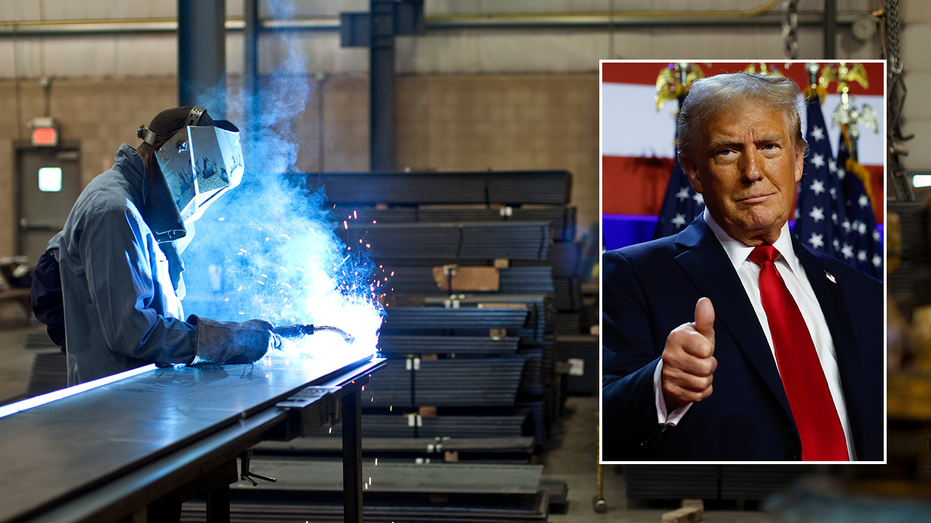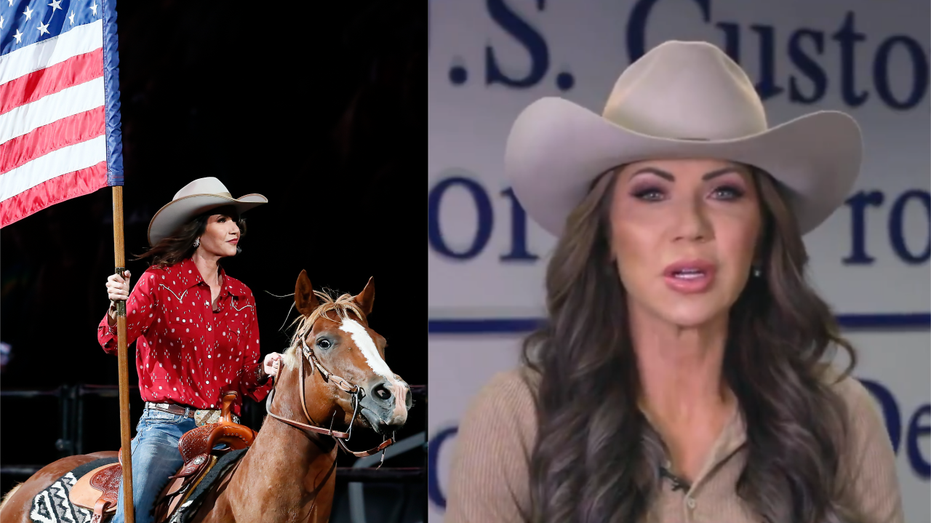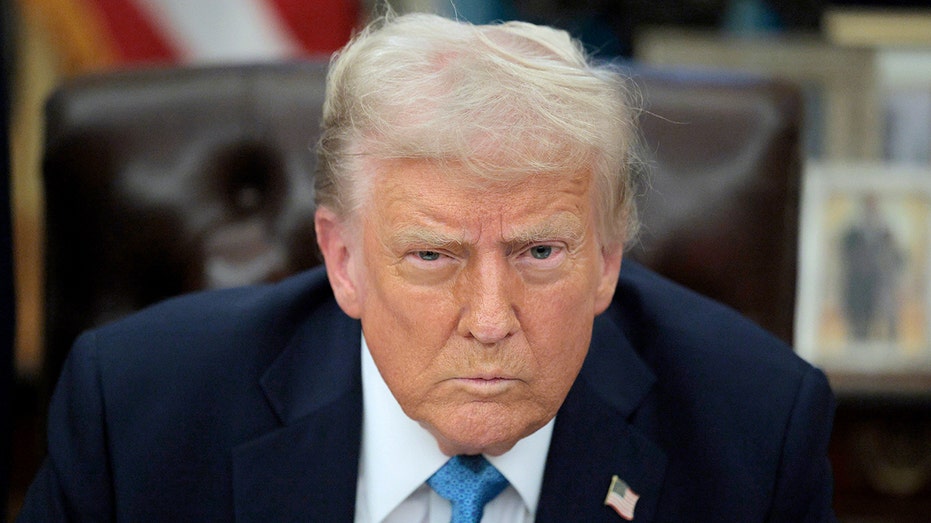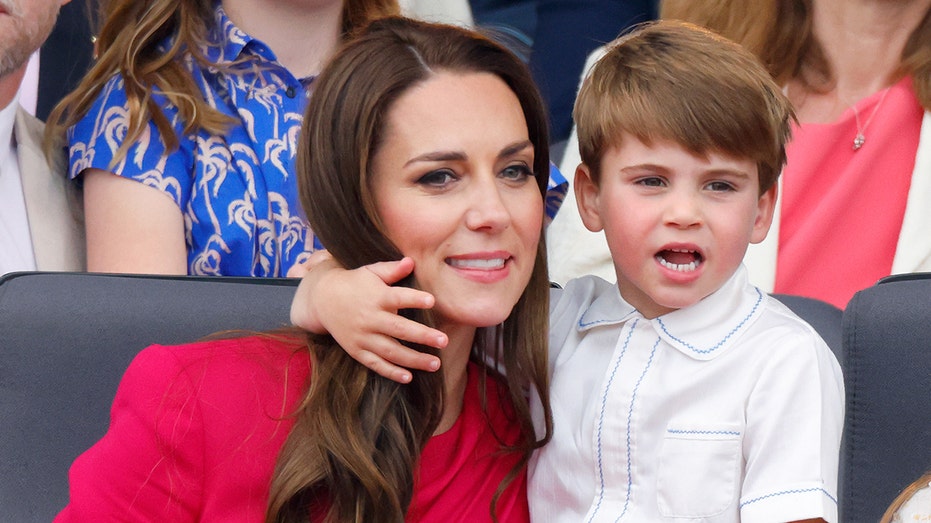- by foxnews
- 04 Feb 2025
Harris' death tax reform could impact more than just the ultra-wealthy, experts say
Experts tell Fox News Digital that Vice President Kamala Harris' estate tax reforms could impact more than just the ultra-wealthy, including small businesses that may be forced to sell to larger companies under the heavy tax burden.
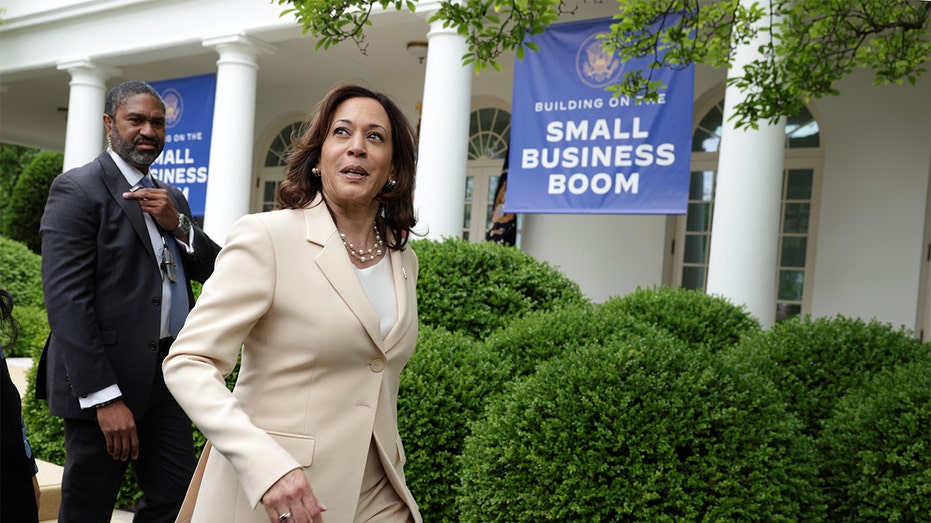
Under former President Donald Trump's Tax Cuts and Jobs Act (TCJA), the federal estate tax - often referred to as the death tax - can only apply to estates passed on to heirs valued over $13.61 million.
If that exemption threshold were to expire or lapse, as Vice President Kamala Harris has signaled she would allow if she becomes president, some experts say it could impact more than just the ultra-wealthy.
"It creates monopolies," one conservative economist said.
"It's going to impact a lot of our clients," a New Jersey estate planning attorney insisted.
"The exemption is meant to reduce the double taxation of income," another economist said. "In a way, it's like the capital gains tax, where people are like, 'Oh, it's to [tax] privileged capital.' No, it's actually to reduce the double taxation of income."
"If estate tax parameters revert, that will only affect a tiny sliver (about two-tenths of 1%) of estates - those with estates over the (now lower) threshold," Kimberly Clausing, an economist with the Peterson Institute for International Economics, told Fox News Digital in an emailed statement. "Those affected will be quite well off and easily able to pay the tax, and without an estate tax, much capital income would escape tax entirely."
Garrett Watson is a senior policy analyst at the Tax Foundation, a Washington, D.C.-based nonprofit aimed at helping Americans understand the tax code. He said under the new death tax threshold, only an additional 0.13% of heirs will be impacted. He added that under the $13 million threshold provided under the TCJA, about $206 billion in revenue would be lost from 2025 to 2034.
However, Michael Kulzer, an estate planning attorney from New Jersey, argued the move will impact "a lot" of his clients. "You bought a shore house 30 years ago for $500,000, it's probably worth $3 million today," Kulzer said. He noted that when adding other assets, like pensions, "you don't have to be really wealthy today" for an estate to reach a $3.5 million, or even $5 million, valuation.
Meanwhile, Heritage Foundation economist Richard Stern pointed out that "it's really the business part of this where it will affect a lot of people."
Stern added that a small business does not need to be far over the threshold to face a big tax bill when the owner dies and tries to pass it on to one of his heirs. This, Stern argued, would force the heir to start selling off parts of their business, and, in turn, serves to "create monopolies."
"The people who are going to be affected the most are often those whose income is not held in cash. It's often held in stocks. In a company. And in order to pay it, it means you have to sell it," Veronique de Rugy, a senior research fellow at George Mason University's Mercatus Center, added. "So, in a way, I don't really care how many people it affects. It's just a bad - it's a bad policy."
"In a way, it's like the capital gains tax, where people are like, 'Oh, it's to [tax] privileged capital.' No, it's actually to reduce the double taxation of income," echoed de Rugy in talks with Fox News Digital.
The Harris campaign declined to provide an on-the-record response for this article.
- by foxnews
- descember 09, 2016
Travelers flock to top religious landmarks deemed 'most Instagrammable'
Travelers visiting religious landmarks across the world may see a photo opportunity that's worthy to share on social media. Here are 10 popular spots, plus some attractions in the U.S.
read more